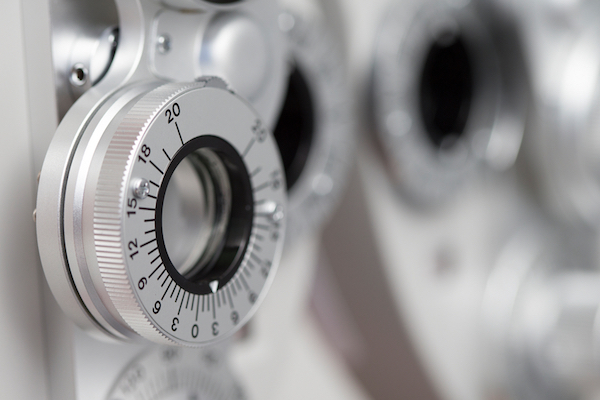
Examining the Role of Today’s Optometrist
When a given retina is examined, optometrists can gain an inside look at the overall health of the person.
The role of an optometrist seems simple enough. Determine the best vision option for patients. Check for diseases such as cataracts, glaucoma, and macular degeneration. Assess for dry eye, allergies, and inflammation. So on and so forth.
But does it stop there?
In all actuality, the eyes are very complex organs which connect to the rest of the body. When a given retina is examined, today’s optometrists can gain an inside look at the overall health of the person to which the retina belongs. Early signs of diabetes, high blood pressure, high cholesterol, and other diseases can be detected through a deep look at the eye.
If a disease starts to show in the eye, it won’t be long before other body parts are affected. Now, the obligation of an optometrist is to protect vision, but if an eye doctor can offer something more, should he/she move forward, or leave it to someone else? In other words, if an optometrist can detect problems with other aspects of health, should it be addressed in the eye doctor’s office?
Going One Step Further:
As an optometrist in today’s environment, I fully understand my obligation to protect vision. When it comes to other aspects of health, I’d rather not step on anybody else’s toes, but I do have a strong passion for fitness and nutrition. This works to my advantage because many times, the eye doctor is the only doctor young patients are going to see. Add in the lack of healthcare coverage, and many people are avoiding the doctor’s office altogether.
In an commentary titled “OD’s Have an Obligation to Discuss Obesity with Patients.”, Dr. Michael D. DePaolis makes an interesting point. He states:
“As optometrists, we are in a unique position in which to influence obesity in a positive way. For starters, we are often the only health care provider many obese young adults ever see. We are also a fairly compassionate group who takes their patients’ problems seriously. Perhaps most importantly, we tie everything into the most precious of senses – vision. As we do so often with other conditions, it only makes sense that we counsel our patients with obesity.”
Now, Dr. DePaolis isn’t promoting optometry as the answer to obesity, and neither am I. But it should be a starting point in the conversation. In fact, any doctor’s office should be a starting point for most health issues. And our passions can guide us even further.
For instance, I make regular blog posts about fitness and nutrition not only to prevent eye problems, or to prevent obesity, but to promote overall wellness and a healthy lifestyle. But most importantly, I explore my other passions to connect with my patients and to stay engaged.
Live in Your OcularPrime:
To pass judgment on myself, I sometimes go too far on the obesity issue without keeping my own privilege in check. I understand that sugar-filled foods and a sedentary lifestyle play a large role in the epidemic, but I’m also well aware of many other societal factors. Oftentimes, it’s easy to state the obvious, but finding a real solution takes a lot more effort.
Is there something you incorporate on a daily basis that helps you stay engaged? Drop a line and let me know.







